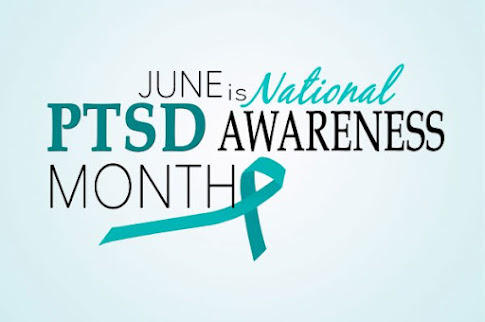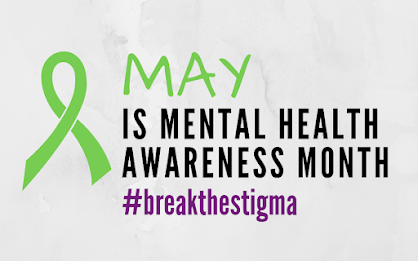PTSD AWARENESS MONTH Week No.4 (6.26.23)
5 Types of PTSD
1.
Uncomplicated PTSD: Uncomplicated PTSD may be connected to a
significant traumatizing event. This type of PTSD doesn’t deal with multiple
events, however. For example, it may only be linked with a specific accident or
natural disaster. Moreover, this
condition may involve persistent reoccurring of the traumatic event. Therapists
may find uncomplicated PTSD more straightforward to treat than the other types.
If you have uncomplicated PTSD, you may experience some symptoms such as
flashbacks, nightmares, and mood swings.
2.
Comorbid PTSD: Unlike other types of PTSD, comorbid PTSD deals
with more than one mental condition. People with this disorder sometimes have
substance use issues. Comorbid PTSD is quite common. Examples of comorbid
conditions commonly associated with PTSD include depression, panic disorder,
and anxiety. Another name for this disorder is “co-occurring disorder” since it
co-occurs with other disorders. Experts usually approach the treatment of
comorbid PTSD corporately other than individually.
3.
Normal Stress Response: This stress response typically occurs
before PTSD. In some cases, people with “normal stress response” may not
develop PTSD. However, some may eventually develop PTSD depending on how the
individual gets help. Normal stress responses are common, and people usually
notice better results when treated early. These responses may arise due to
events like illnesses, surgeries, high amounts of pressure, and accidents.
4.
Acute Stress Disorder: This type of disorder also occurs
before PTSD. It may occur in people who experience an event that made them feel
they were going to lose their lives. Examples of such events may include the
death of a loved one, near-death occurrence, natural disaster, or unemployment,
for example. This stress disorder typically occurs shortly after these events
and can end up developing into PTSD. Most cases of acute stress disorder last
for a month. However, when it exceeds a month, it may be called PTSD. Symptoms
of acute stress disorder include headaches, sweating, chest pain, palpitations,
nausea, and stomach pain.
5.
Complex PTSD: This type of PTSD is different from the other
types because it is associated with multiple traumatic events. Most individuals
with this type of disorder have experienced abuse or domestic violence. In some
cases, complex PTSD may occur in people who experience an unexpected loss.
Other events that could lead to complex PTSD include constant war experiences
and community violence. Symptoms of complex PTSD include nightmares,
flashbacks, mood swings, and irritability. Borderline personality and
antisocial personality disorder are other possibilities of conditions
associated with complex PTSD. Individuals may show aggression, substance abuse,
and impulsivity as well.




Comments
Post a Comment